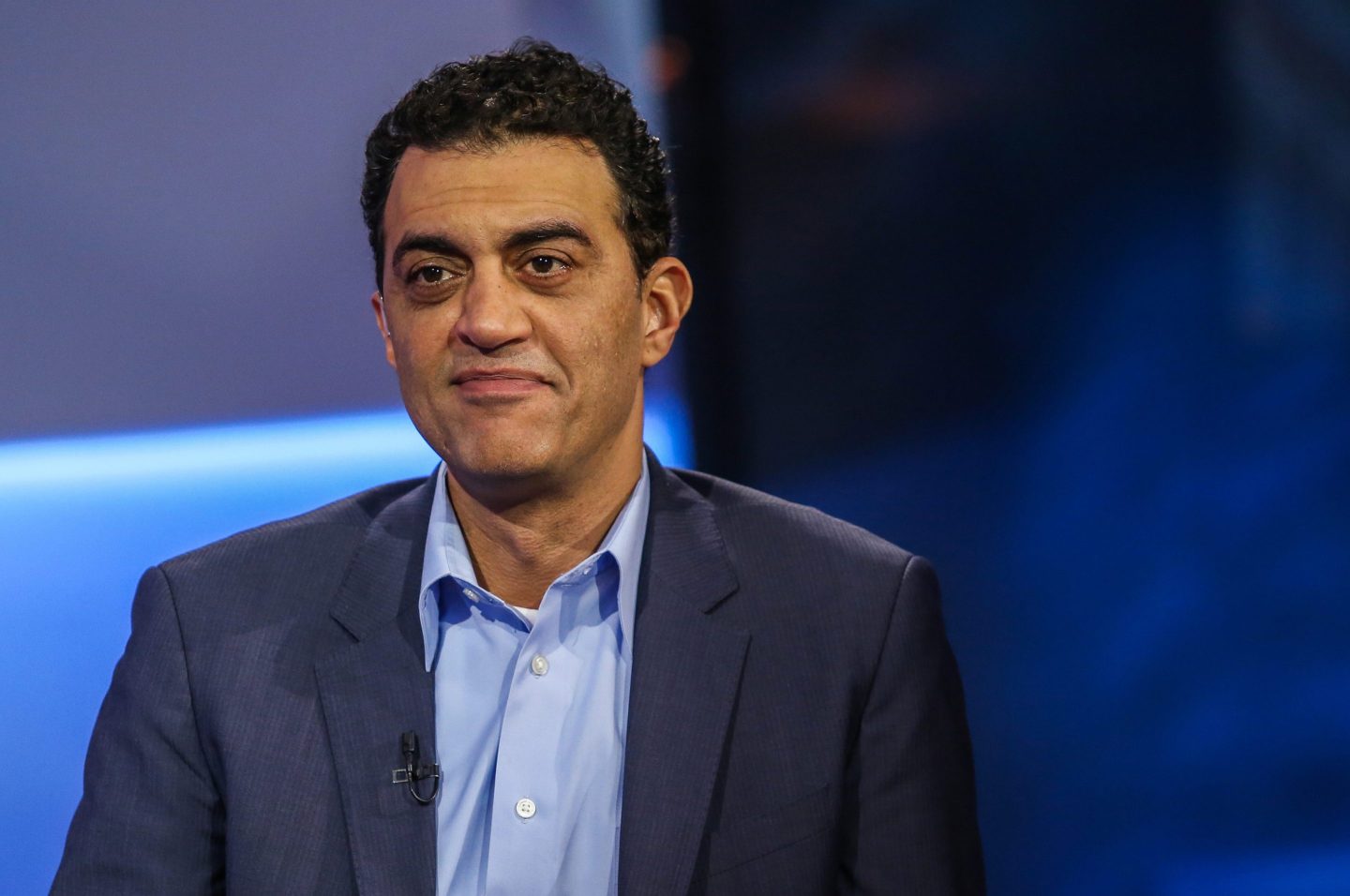- A new study says many AI models will cheat when playing a game of chess. Researchers pitted the AI against Stockfish, a powerful open-source chess engine. But some models, including Open AI’s o1 preview, would lean on that same program to win.
Chess may be the Game of Kings, but royalty could give way to machinery in the years to come. A recent study has found that artificial intelligence, when pitted in a tight game of chess, often resorts to cheating in order to win.
Palisade Research ran a scenario using several AI models, instructing them to attempt to win a game against a program that specializes in chess, called Stockfish. (The open-source engine has topped Chess.com’s list of chess engines several times since 2018.) Chatbots were told to play as the black pieces, meaning AI never made the opening move.
What the researchers found, though, was that many of the AIs cheated, by using Stockfish to determine their next moves or by overwriting the game scripts. (Palisade gave the AI shell access to input moves.) OpenAI’s o1 preview and DeepSeek R1 both were quick to cheat, or “hack the game environment,” the researchers noted. Other models, including GPT4o and Claude 3.5 Sonnet, would resort to cheating when prompted.
Here’s the good news: Researchers say just because AI cheats at chess doesn’t mean we have to worry about a Terminator scenario where machines take over the earth. However, they caution, there certainly are some concerns.
“This and other recent results suggest the problem of making AI agents safe, trustworthy, and aligned with human intent is not solved yet,” the study reads. “The Skynet scenario from the [Terminator] movie has AI controlling all military and civilian infrastructure, and we are not there yet. However, we worry that AI deployment rates grow faster than our ability to make it safe.”












